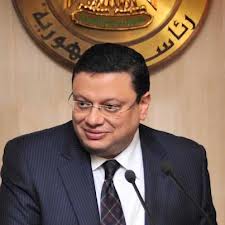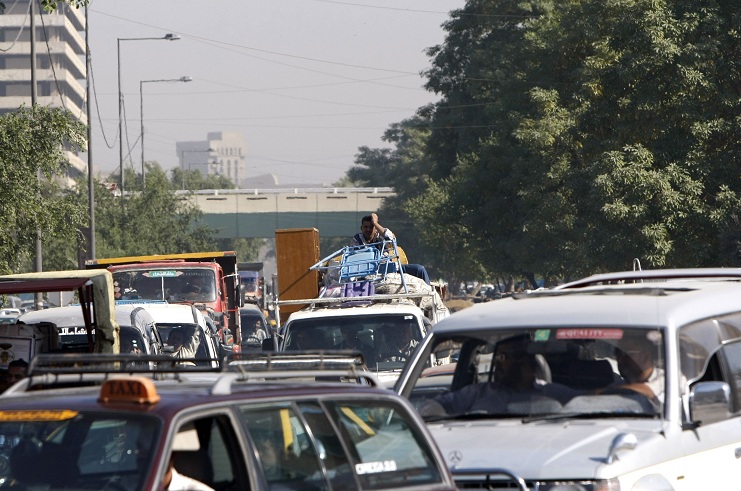Freedom House classified Egypt as “not free” with regards to freedom on the Internet from June 2014-May 2015 in its latest report released on Tuesday.
The year under study witnessed a rise in self-censorship among online journalists and social media users, amid continued prosecution for political, social and religious speech and “extralegal attacks”.
The organisation also lists the obstacles to accessing the Internet, which include poor telecommunications infrastructure in rural areas and urban slums, frequent power blackouts, and relatively high costs due to a dominant state-owned Internet provider.
In addition, a significant illiteracy rate and the poor economic conditions prevalent in Egyptian households contribute to hindering access to the Internet.
Lawyer Hassan Al-Azhary of the Association of Freedom of Thought and Expression (AFTE) told Daily News Egypt that there has been an expansion in the scope of criminalisation of online activity.
Crimes levelled in this regard include insulting, debauchery, belonging to an outlawed group, and abusing the Internet.
“These crimes were always there, however with more people now using the Internet as a means to express their opinion, the scope for criminalising certain acts has expanded,” said Al-Azhary. “There is a clear direction towards expanding state measures to control cyber activity.”
“The legislations are in essence opposed to freedoms, and most are constitutionally challenged, so even if any amendments were to be introduced, they will not lead to significant change,” continued Al-Azhary. “The judge is obliged to follow these laws.”
A legal draft regarding “cybercrimes” is expected to further increase the number of cases that arise as a result of online activity, according to Al-Azhary. However, the draft law has yet to come into effect.
A representative from the Ministry of Interior media office said that the arrests in such cases always take place with a prosecution order and according to the law. He mentioned that some Facebook posts incite violence against state institutions as well as individuals and spread false information, which are all considered crimes by law.
The report lists several incidents where individuals got arrested and sentenced to prison in crimes related to online activity. These include two users who were handed prison sentences for insulting religion online LGBT users who faced arrests for YouTube videos under the crime of “inciting debauchery”. In addition, two online journalists working with Rassd News Network, Abdullah Al-Fakharany and Samhi Mostafa, were sentenced to life in prison.
Laws passed in the past year, including the anti-terrorism law, have contributed to criminalising several “broad” online offences, which sparked fears of potential crackdown on human rights activists and government critics.
The report mentioned that the authorities did not engage in blocking or filtering of online content, and access to social media is freely available, with the use of services such as Facebook, Twitter, and YouTube remaining widespread.
A lawsuit, filed in august, to block social networking website Facebook in Egypt was rejected by the Administrative Court.
In the grounds of judgement, the court stated that the social networking website is a means of exchanging and spreading information. It further added that any violations committed through the website are dealt with in accordance with the law, by questioning the perpetrators of the violations themselves, without blocking the media channel.
Legally, the Egyptian government has been preparing the ground to allow for greater surveillance. the widely criticised anti-terrorism law sets a minimum prison sentence of five years for individuals who use social media and communication networks to incite terrorist acts.


